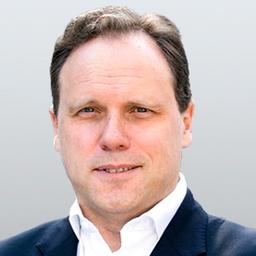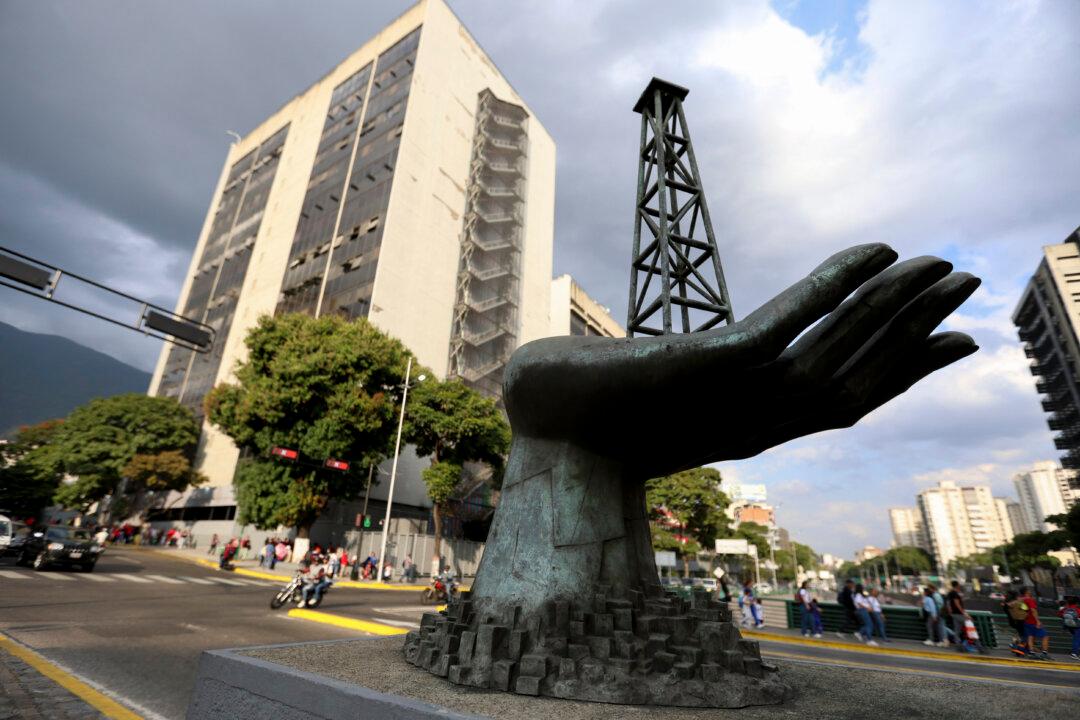It’s easy to forget about Cuba. It’s there. It doesn’t bother anyone. However, it still serves as the best example of why communism doesn’t work and will never work.
An international consortium recently had to bail out Cuba with a credit line of $9.6 billion and by forgiving some of its debts. The cancellation of the regime’s debt by some countries, unfortunately, has not helped to promote freedom and democracy, but instead has perpetuated the dictatorship.





